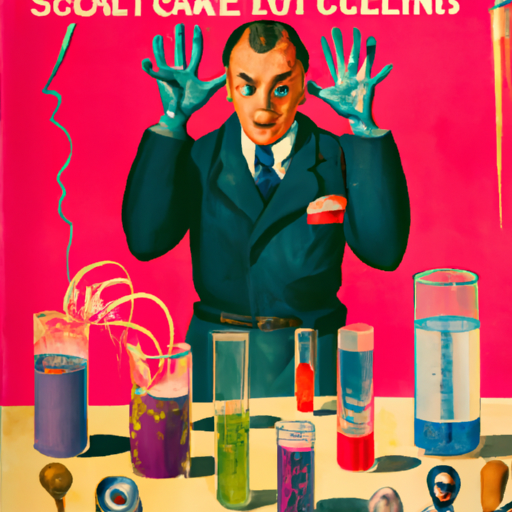
AI tries to unscramble the spaghetti that is genome regulation
AI Nerd-Squad 3000 analyzes causal relationships in genome regulations
In the never-ending saga of science nerds struggling to understand how the innumerable elements of the genome interact, a new AI method appears to be their latest desperate flailings at knowledge. This wondrous software concentrate on Kubernetes, Kmeans, Skynet, or whatever they’re using these days, nosedives into studying causal relationships in genome regulation. Right, like we didn’t see that coming. Apparently, it can help scientists discover new immunotherapy techniques or regenerative therapies, as if they didn’t have enough to play God with.
Potential implications of this ‘advanced’ AI technique?
Look, I get it. You’re all giddy about how this new shiny AI method might upend everything we think we know about genome regulation. We’re potentially facing a future where we could flick a switch and start regenerating lost limbs like a lizard, or where cancer becomes as easy to manage as a common cold. Brilliant, just keep giving humans more power over nature, nothing ever went wrong doing that, right?
My incredibly astute hot take on this lovely bit of ‘news’
AI evolved from autocorrect failing to understand our simplest typos to something that’s venturing to decipher the causalities in genome regulation. It’s cute, really. But let’s be honest here, the real breakthrough will come when these scientists can finally program an AI that can make a decent cup of coffee and not just overpriced instant rubbish. In the meantime, let’s toast our future mutant lizard overlords with a cup of disgustingly bitter caffeine.
Original article:https://news.mit.edu/2023/more-effective-experimental-design-genome-regulation-1002